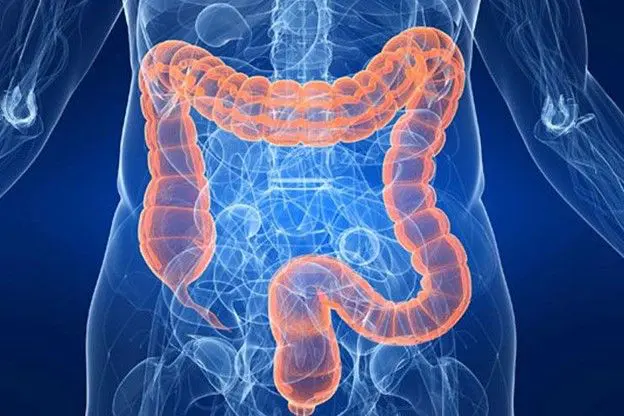

Colon and Rectal Cancer Screening
Colorectal (Colon) cancer is the third leading cause of cancer in both men and women in the United States. Adults across the US are being diagnosed with colon and rectal cancer at younger ages than ever before. According to the American Cancer Society, one in five cases is occurring in patients in their early fifties or younger. Colon cancer is now the leading cause of cancer death in men younger than 50. Screening is the best way of preventing cancer or detecting it early. The recommended age for colon cancer screening is now 45 years old. However, you may need earlier screening if you have higher risk factors, such as a family history of colon cancer or inflammatory bowel disease.
Almost all cancers in the colon start as polyps or small growths in the lining of the colon. Most polyps do not cause any symptoms. Some polyps slowly grow and transform into cancer over the years. Usually, colon and rectal cancers need to be large for symptoms to occur. Common symptoms include bleeding, change in bowel habits, abdominal pain, narrow stool, or weight loss. Colonoscopy is considered the gold standard for colorectal cancer screening. When polyps are detected during colonoscopy, they can be easily removed. By removing these precursors, you can prevent colon cancer.
Other screening options include a virtual colonoscopy, which is essentially a modified CT scan looking at the colon. The virtual colonoscopy does require bowel preparation. Unfortunately, if polyps are detected, they cannot be removed, and a follow-up colonoscopy is required. Another screening test is a Colo-guard test, which is a DNA stool test. This test is good at detecting cancer but not particularly good at detecting polyps. Again, the goal of screening is to prevent getting cancer, which is why colonoscopy remains the gold standard.
